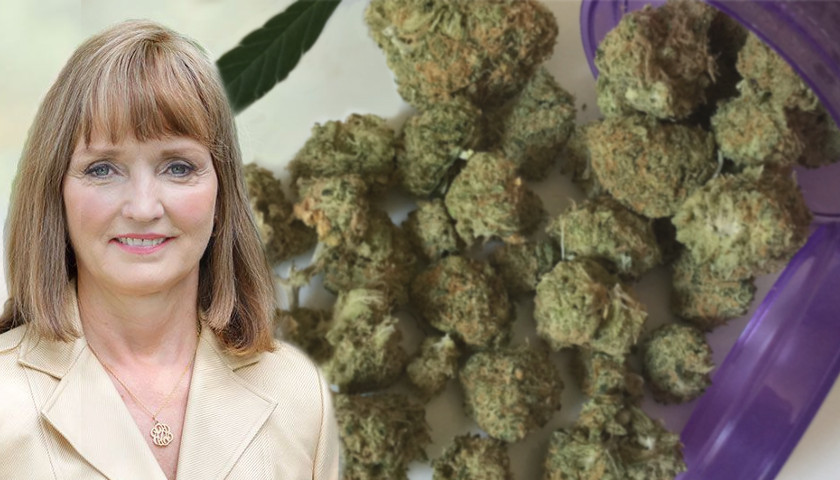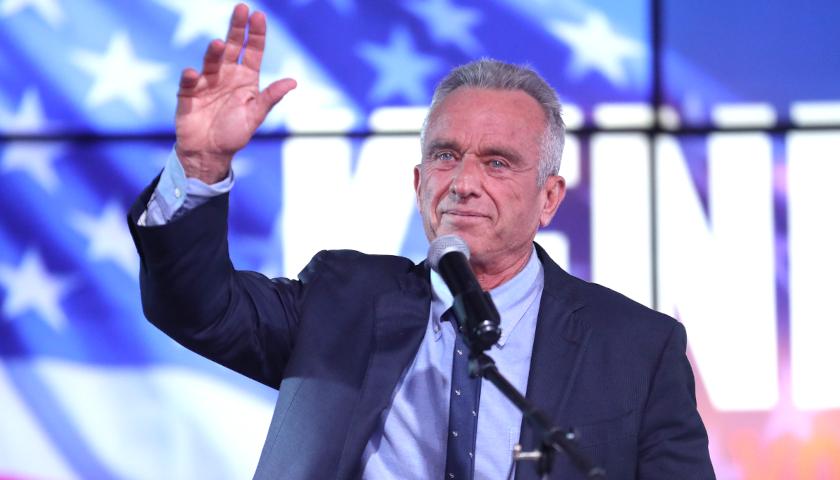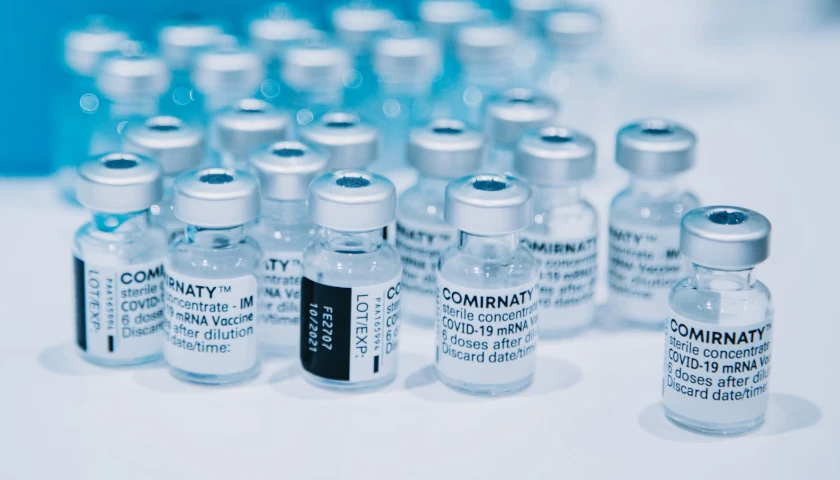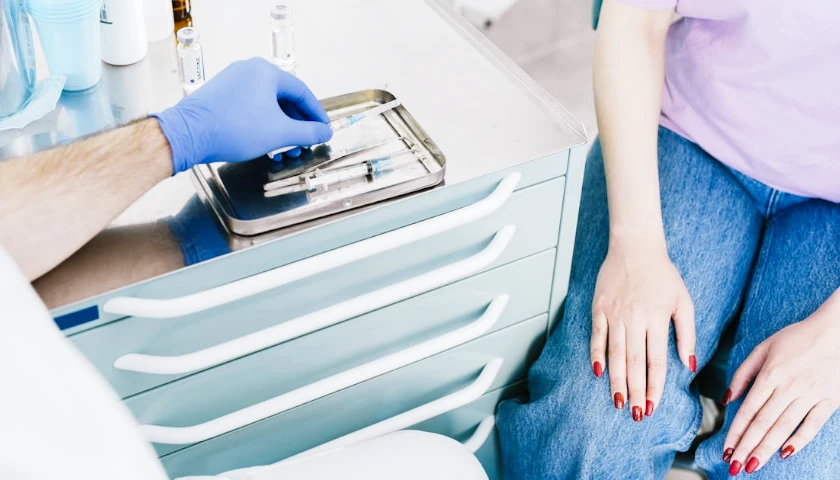Gubernatorial candidate and Tennessee House Speaker Beth Harwell (R-Nashville) said at a gathering earlier in the month that after her sister sustained an injury, she has personal interest in the issue of medical marijuana. Regarding the task force she formed earlier in the year on the issue, she said, “We’re open to that, we’re looking at that.”
According to an Associated Press report picked up by Connecticut-based The New Haven Register, Harwell relayed her personal story of how her sister broke her back and was prescribed opioids for the pain. The injury to her sister is the reason Harwell cited in a letter to the Rutherford County Republican Party explaining why she was unable to attend the Reagan Day dinner in May.
Harwell recalled to the group that her sister, who had been prescribed opioids for her pain, “had no doubt” in her mind that if she were to “continue this opioid regimen, I will become addicted to opioids.”
With Harwell’s sister living in Colorado where marijuana has been legalized, she used some for four or five days until she felt better after the initial doses of opioids, which she wanted to stop taking.
The opioid crisis in Tennessee is well-known to state and national leaders, as evidenced by the task force that Harwell formed and the recent announcement by Attorney General Jeff Sessions of a new opioid fraud and abuse detection unit pilot program which will include northeast Tennessee as one of its twelve target areas around the country.
A July 7 Centers for Disease Control (CDC) report reviewing changes in the prescribing of opioids from 2006-2015 revealed that while the amount of opioids prescribed in the U.S. has dropped from the peak in 2010, the amount remains three times as high as in 1999.
The CDC report also revealed that the top-prescribing counties are as much as six times as high as the lowest-prescribing counties with a larger percentage of non-Hispanic whites with higher prevalence of diabetes and arthritis and higher rates of unemployment and Medicaid enrollment.
Cited by The Washington Post, the United Nations International Narcotics Control Board reports that the consumption of narcotic drugs in the U.S. is nearly 40 percent higher than the next highest consuming country, Canada and as much as six times that of numerous other mainly European countries.
Proponents of medical marijuana cite its benefits in the treatment of a variety of conditions including one of the most emotionally touching of childhood epilepsy, a chronic seizure disorder.
The State of Tennessee passed two bills SB2531 and SB 280 in 2014 and 2015, respectively. The two bills combined permitted the use of cannabis oil containing cannabidiol (CBD) with less than 0.9% THC “as part of a clinical research study on the treatment of intractable seizures when supervised by a physician practicing at… a university having a college or school of medicine” that is “obtained legally in the United States and outside of” Tennessee.
Opponents of medical marijuana are concerned about it being a “gateway drug” and the expansion, over time, from the original intent. The State of California, which was the first to legalize medical marijuana in 1996, would only reinforce such concerns with its broad-ranging permissiveness to possess, cultivate or use the substance:
The Compassionate Use Act of 1996 regulates medical marijuana in California. The Act ensures that under a physician’s recommendation, seriously ill Californians have the right to obtain and use marijuana for the treatment of cancer, anorexia, AIDS, chronic pain, spasticity, glaucoma, arthritis, migraine, or any other illness for which marijuana provides relief. Any qualified patient or patients’ caregivers may possess or cultivate marijuana for personal medical use upon the written or oral recommendation or approval of a physician.
Legislators and policy makers will be faced with tough decisions, when the consequences of the drug are not fully known, since the U.S. Food and Drug Administration (FDA) “has not approved marijuana as a safe and effective drug for any indication,” nor has the FDA reported that any applications have been submitted to initiate the approval process.






[…] Tennessee Star reported in […]
Thank God republicans are starting to see the benefit of medical. I have seen first hand how this medicine has saved lives and I feel sorry for those suffering that can’t use it and are forced to use something much worse. She has my vote!!!